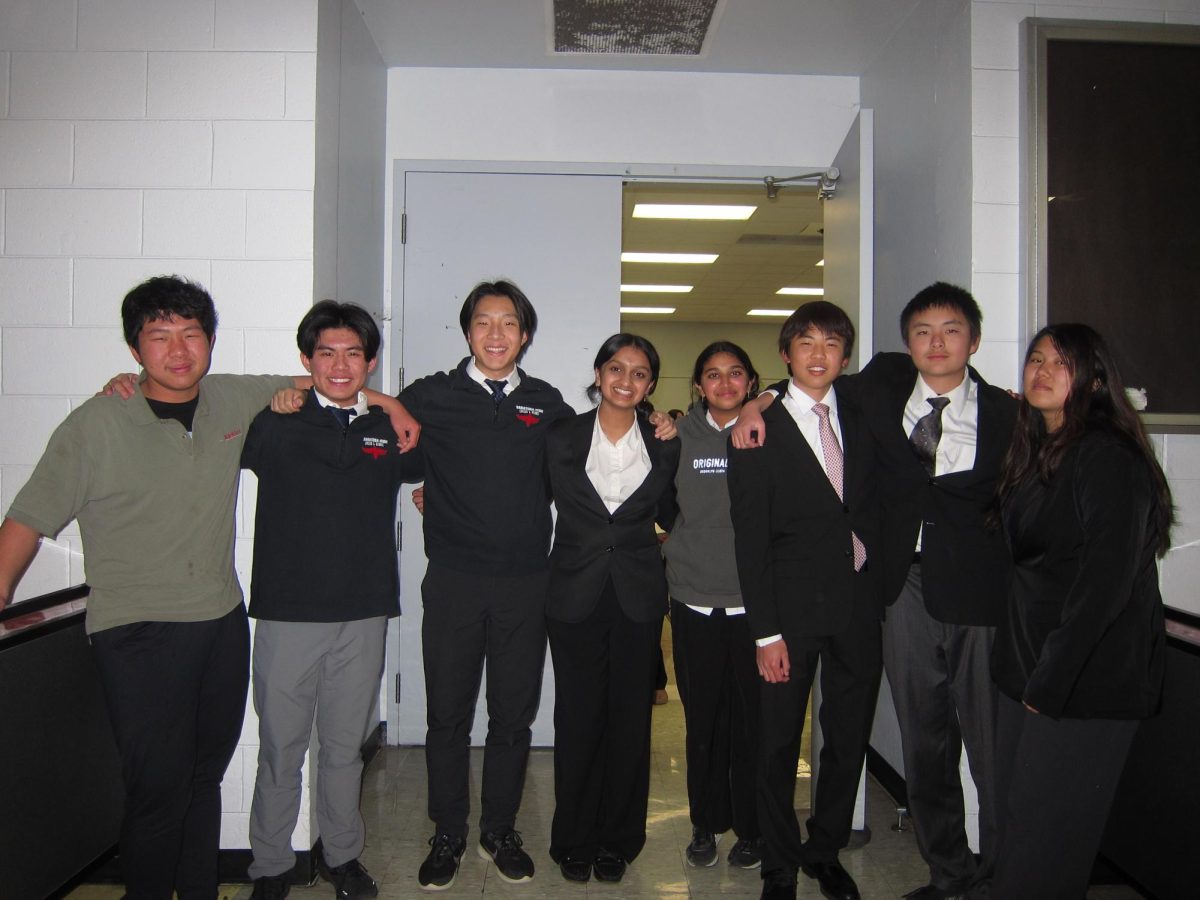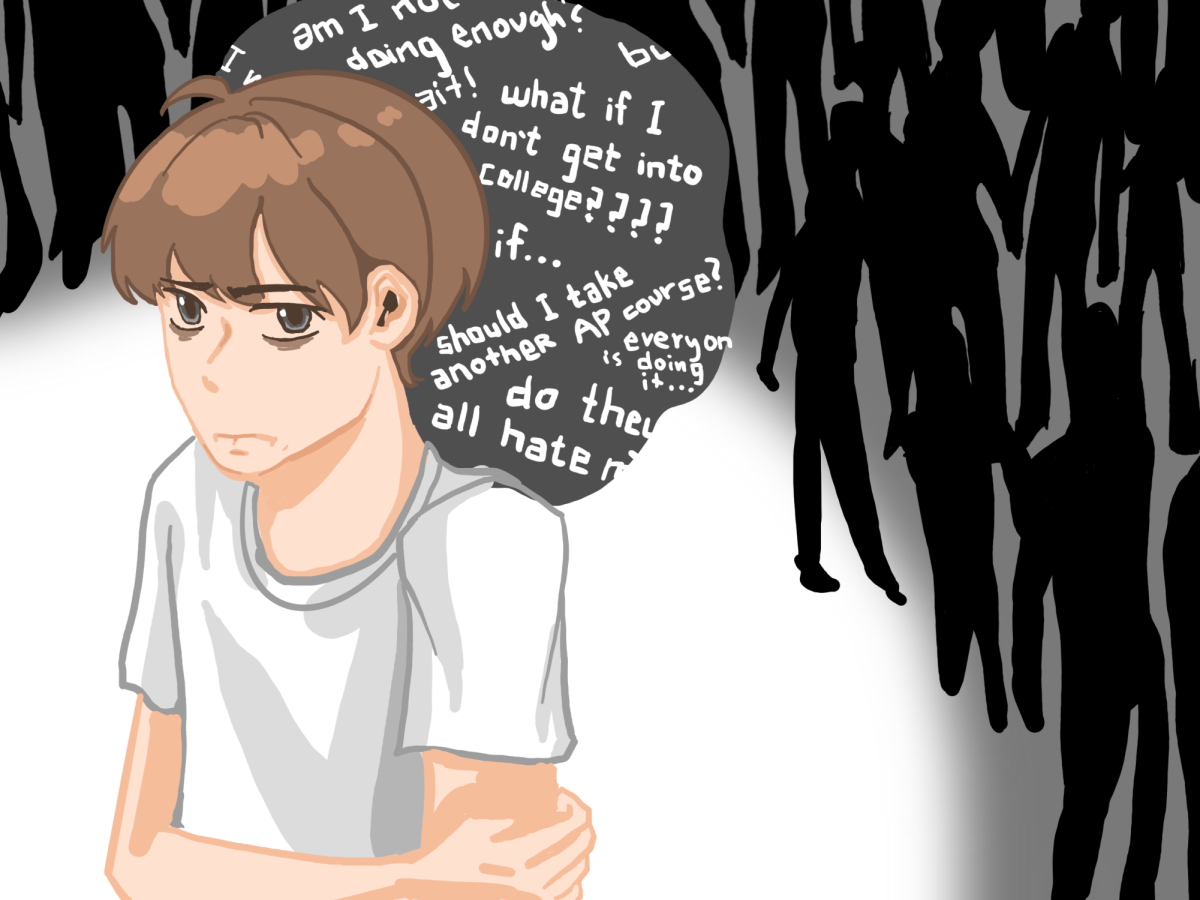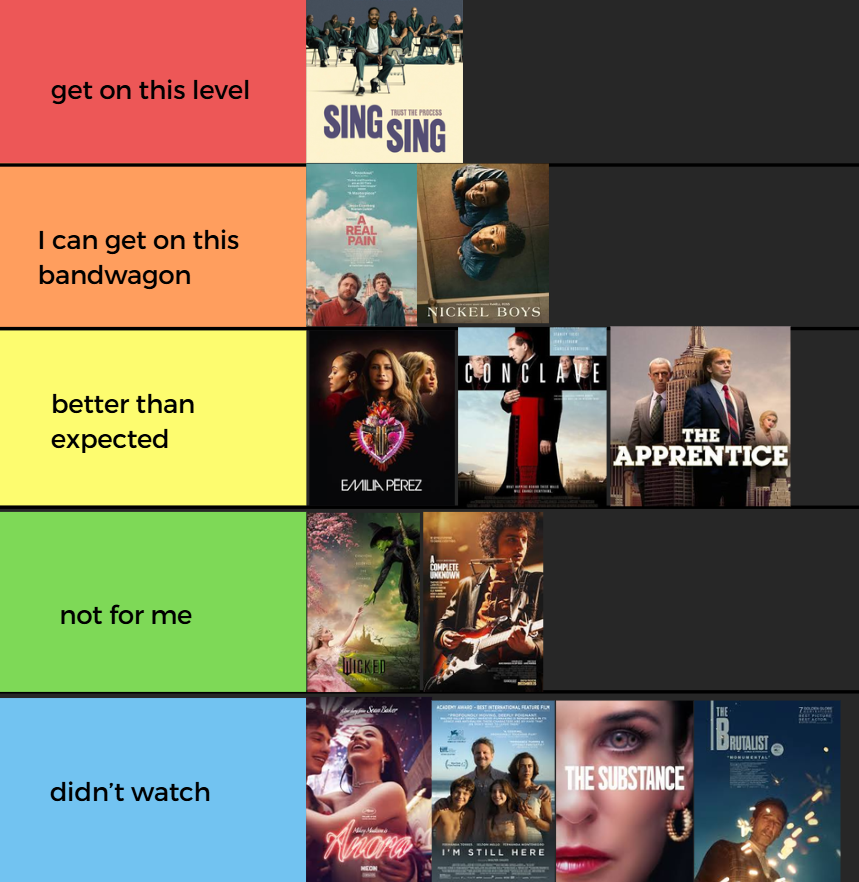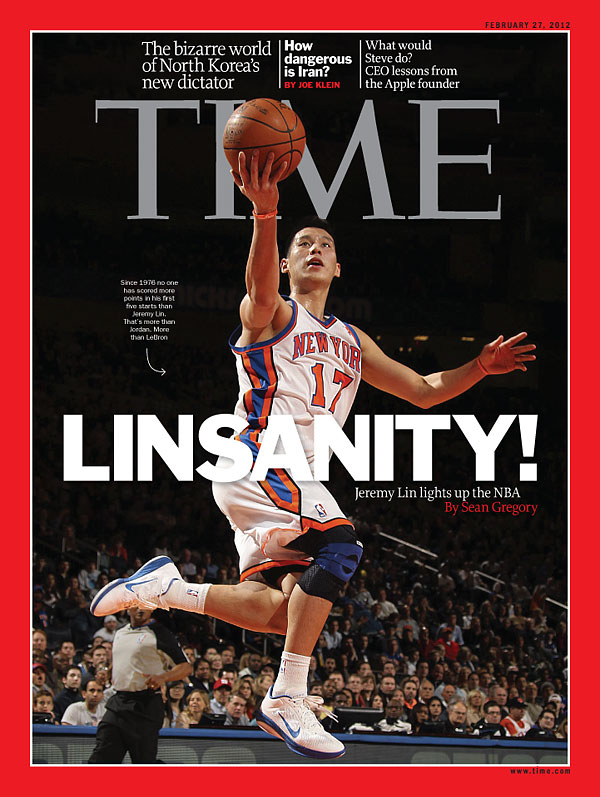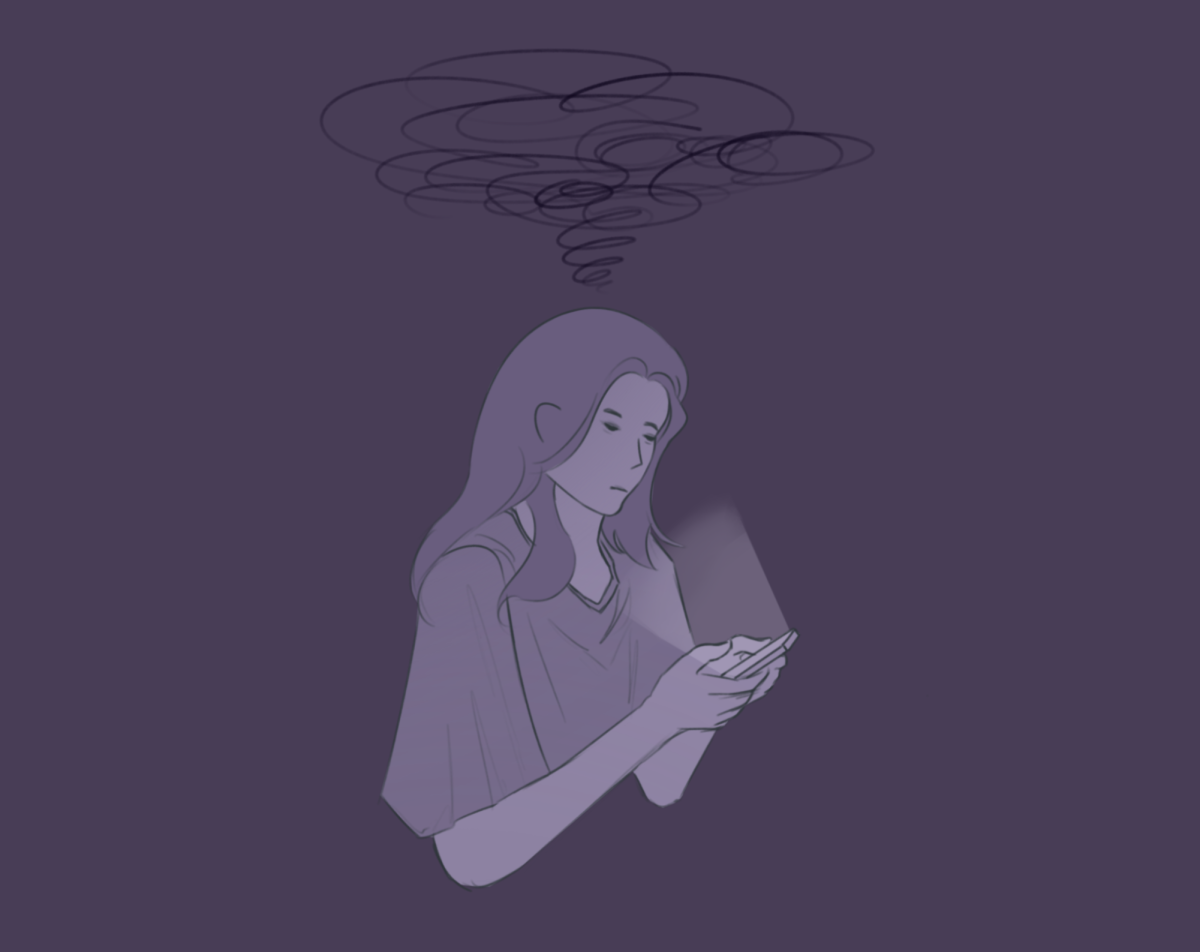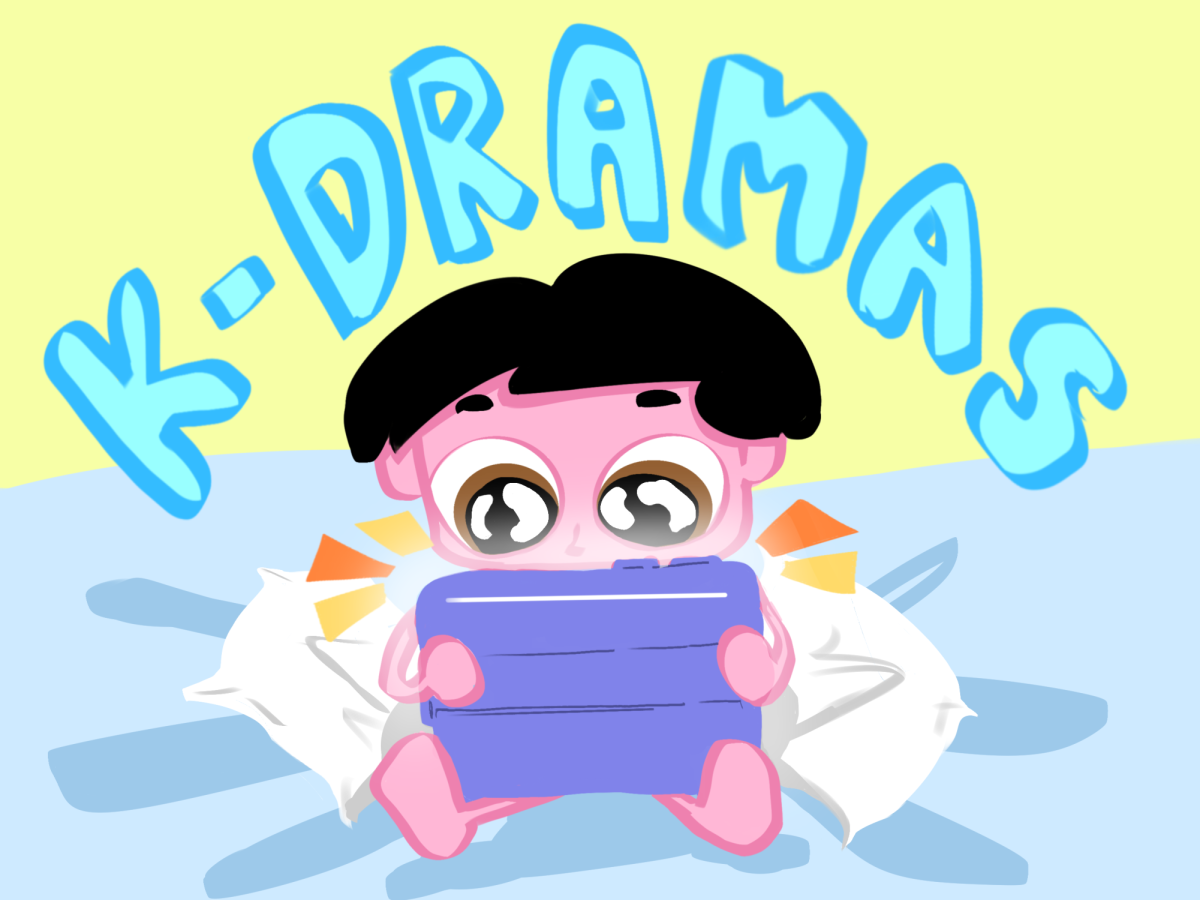“Slaughterhouse-Five,” Kurt Vonnegut’s most famous novel, was published in 1969. It is possibly the oddest classic I’ve ever read. There’s no real plot, it’s a mere 215 pages and the main character is strangely complacent.
And I loved it. From Vonnegut’s writing style to the messages it conveys, “Slaughterhouse-Five” will likely stay in my list of top five favorite classics. Even though it’s so atypical, the book manages to discuss real-world problems in an entertaining yet straightforward way.
The book is told in third person, and the narrator is a character very similar to Vonnegut, a World War II veteran who endured some of the conflict’s most brutal fighting.
In the first chapter, he discusses writing the novel and surviving the notorious bombing of Dresden, then goes on to tell the story of soldier Billy Pilgrim. The actual plot of the novel is non-linear, as protagonist Billy Pilgrim “time travels” to different points of his life. He is also abducted by aliens from the planet Tramalfadore who experience time all at once.
The first selling point of the book is Vonnegut’s writing style. It’s so straightforward and dry that even the sad parts are quite funny, like Billy’s experiences as a prisoner of war. Vonnegut says exactly what he means to say, and there is a deep sense of irony throughout the book.
I also loved Billy Pilgrim’s character as it is one of the most relatable parts of the novel. Fundamentally, Billy is an extremely passive character. Physically weak and mild-tempered, he has no desire to be a hero and merely wishes to escape the fighting. Despite his intentions, Billy is forced to fight in the war and ends up suffering from PTSD for the rest of his life.
Billy, as well as many of his fellow soldiers, is an example of a nonviolent person who gets caught up in violence and is damaged by it. He’s not a hero or a villain, just a regular guy. While he can be very fatalistic at times, I can almost picture myself in his position, a regular person thrown into a war, and behaving in the exact same way .
I also generally agree with Vonnegut’s messages about war. While hardly anyone outright says that war is a good thing, people often try to argue that it is necessary to protect freedom or democracy.
Vonnegut argues instead that war may be inevitable, but it is still nothing but senseless destruction. Nothing really changed after the war, and the massacres were mostly of innocent people. As he says, World War II was a war in which children were sent to do men’s work and die.
As someone who is staunchly anti-nationalist, I appreciated that Vonnegut also conveys the message that no one country or group of people is at fault for a war. This perspective is why the only true antagonist in this novel is World War II itself.
Another important theme of this novel is fate versus free will. Billy Pilgrim and the aliens’ main philosophy is that they have no free will and cannot escape their fates. Throughout the novel, people die in strange ways for no particular reason, acknowledging that life and death are inherently absurd and arbitrary.
This mindset is still relevant today: Many people like to believe that everything happens for a reason. While that philosophy may be comforting to some, it can be limiting and cruel to others. Stories like these are important because they explore different ideas about why things happen in an interesting way.
Vonnegut himself seems to simultaneously mock this pessimistic philosophy and agree with it. Despite his view on the inevitability of war and human suffering, he values compassion and thinks most people are actually pretty decent: Most of the characters are nonviolent and help each other.
What I like about this story is that it manages to be lighthearted and philosophical at the same time. The narrator makes a particularly funny joke and in the next sentence reminds the reader that most of the characters are dead.
Ultimately, this novel asks more questions than it answers. A book that makes fun of itself, “Slaughterhouse-Five” is brilliant and strange and difficult to categorize. It’s a classic that’s actually enjoyable to read and truly makes the reader think. I highly recommend it.


